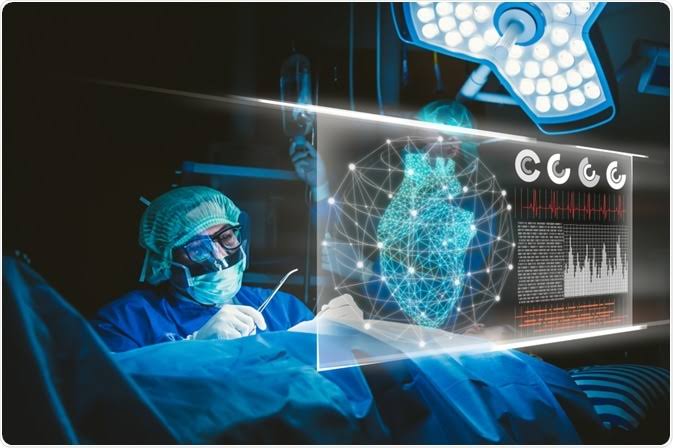
The healthcare industry could be transformed by virtual reality (VR) clinics. Professionals now use immersive therapies in a secure environment to treat patients with cutting-edge technology.
AI Multiple predicts that the digital healthcare market will exceed $430 billion by 2028. The medical sector’s growth is spurred by post-COVID-19 efforts to revolutionize patient care through agile, digital solutions.
Emerging Technology: Immersive Healthcare
Healthcare professionals use VR solutions to educate patients with customized, simulated environments. These environments can cover various use cases, such as pain management, surgical training, and rehabilitation.
The industry depends on various technology components, such as;
VR hardware
Medical professionals and patients can use VR headsets, trackers, controllers, and other hardware to interact with real and immersive environments. These devices are customizable for medical use cases, providing precise 5G, 3DoF/6DoF, WiFi 6, and other specifications.
Virtual healthcare scenes
Immersive environments in virtual reality healthcare clinics are also useful in patient treatment. Once they enter these spaces, doctors can train in virtual operating theatres, meditative practices, and rehabilitation gaming rooms for mental health and wellness.
3D Medical Tools
In addition, VR can replicate medical tools in digital form, including diagnostic equipment, surgical tools for training, and other industry-specific instruments. Skilled designers create these 3D models with high precision to ensure practicality.
Digital twins
Digital twins offer 3D replicas of the human body with entire exploded view anatomy, allowing patients and doctors to study them. It also increases student engagement and provides doctors with a roadmap of a patient’s physiology for swift medical issue resolution.
Healthcare professionals can use the tools to learn new skills and refresh existing ones in a safe environment. As a result, the healthcare industry is one of the biggest users of VR. This technology is primarily adopted for CPTSD treatment, surgical simulation, and automated surgery training.
VR platformS allows doctors to customize their learning modules and perform mock surgeries in virtual reality. It helps prepare for complex procedures with exceptional retention rates before entering the operating room. Similar programs have enabled neurosurgeons to practice remotely before separating conjoined twins.
Featured image from Shutterstock.com



